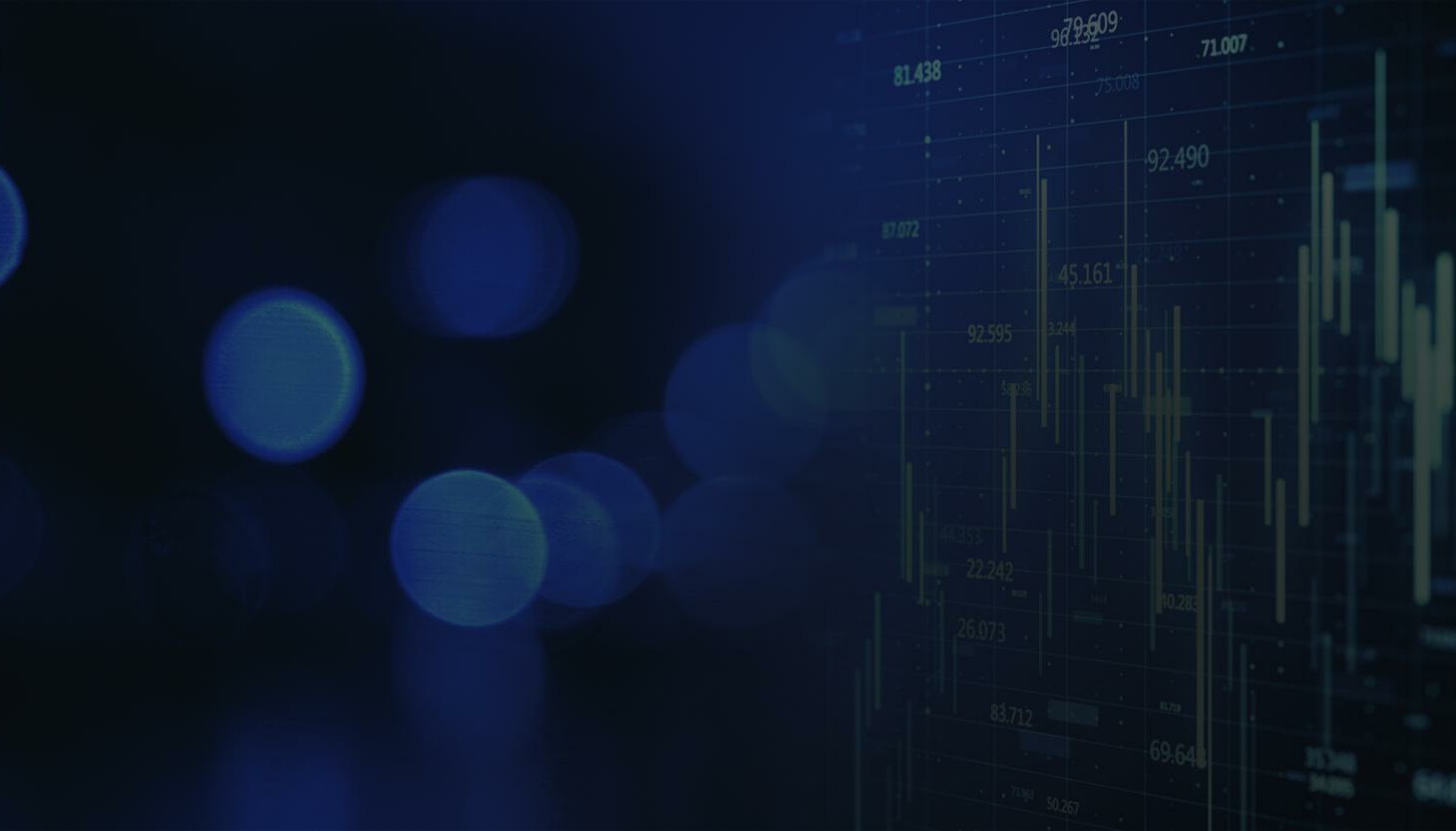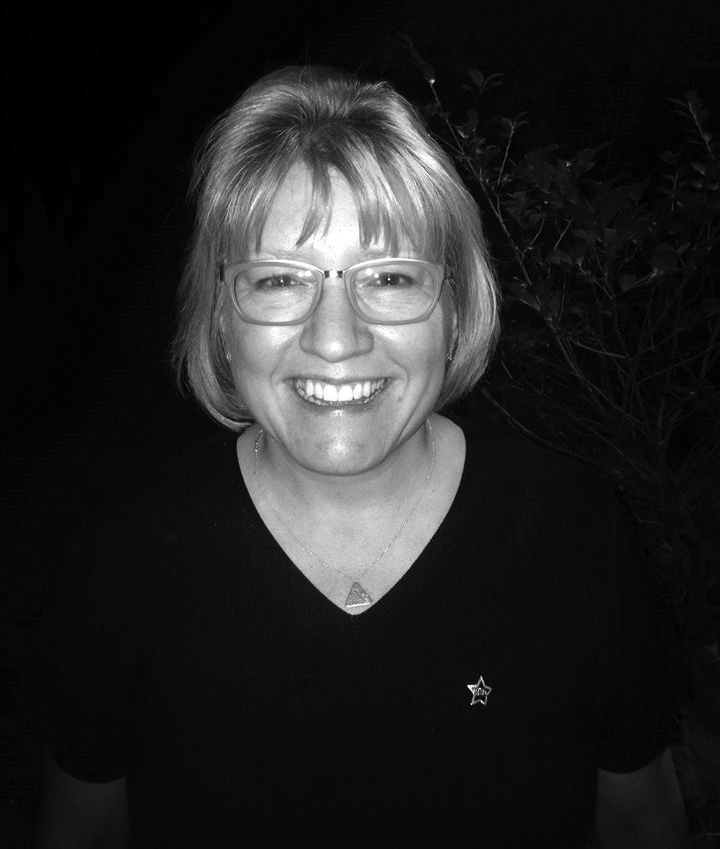News, articles, and interesting stuff from the College of Business
Good data: IBM pro speaks at Business Analytics Symposium
Mary Coucher ’83 is a College of Engineering graduate who’s also been an active member of the Dean’s Council of Excellence in the College of Business.

Q&A with alumna Mary Coucher
Mary Coucher ’83 is a College of Engineering graduate who’s also been an active member of the Dean’s Council of Excellence in the College of Business.

She’s worked at IBM for more than 20 years, and is currently serving as the worldwide IBM Ecosystem sales vice president. There, she markets the myriad analytics and data-oriented products and solutions IBM offers to enterprises around the world.
In January, she spoke at the college’s second annual Business Analytics Symposium about the importance of business analytics and having the right technology to harness data.
Now, Coucher, who also serves on the OSU Foundation’s Audit and Finance committees, answers our questions about why an analytics program is critical for the college, businesses using data well, and what she thinks the future holds for our beloved tech devices.
College of Business: Why do you think an analytics program at the university level is critical?
Mary Coucher: The amount of data being created every day is staggering and growing. People, businesses and organizations often rely on data to make decisions. I expect that anyone with deep expertise in data analytics or data science will be highly sought after.
COB: What are the keys to an enterprise using their data effectively?
MC: The first thing is that they have to access the data that will help their business practices. Most companies and enterprises have data that is very dispersed.
In higher education, for example, there are different data sets for all the core business processes. They’re likely on multiple clouds. At IBM our job is to help enterprises create a clear, accessible data architecture with a single source of truth.
COB: How would you advise a small business in this realm?
MC: I would say use a company like IBM’s or a competitor’s public web, and contract to have it done.
If I were starting up a business today, I would strongly consider hiring a data analyst or data scientist who will be the expert in my business and provide meaningful business recommendations.
There are so many companies that specialize in this around the world for small- to medium-sized businesses. You can go as small as you want.
COB: Where do you see the future technology going?
MC: It’s definitely going to be devices on our person, and integrated into all aspects of our life.
Just think that our phones are more powerful than the IBM computers that put men on the moon in the ’60s. I just see devices getting smaller and faster and more functional.
But I never see them replacing a human. The human brain is precious. And you can never replace human interaction.